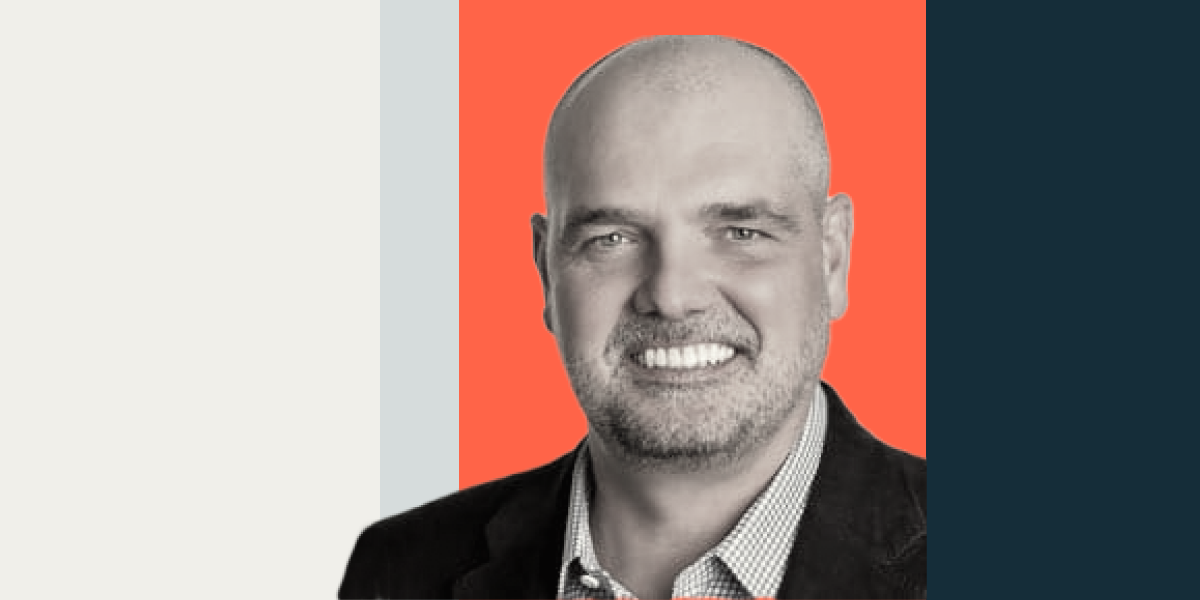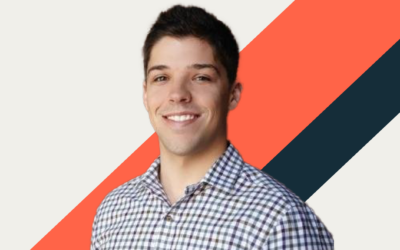Michael Scarpelli’s career path has been as unique as the snowflakes his company is named for. From a stint in Italy, to uncovering extensive fraud, and taking three prominent companies public — including the biggest SaaS IPO in history — his wide range of experiences made for a fascinating Path to Becoming a CFO session.
Launching a career.
The possibility of travel was initially what drew Michael to finance. Growing up in Sarnia, Ontario, he tentatively planned on a medical career, but mostly just wanted to get out of Sarnia. After realizing medicine wasn’t a perfect fit, he took a few detours before deciding on an accounting career because the firms who visited his campus pitched the possibility of international experience.
After graduation, he accepted a position with Coopers & Lybrand in Italy, hoping to travel and work on his Italian. But when it turned out that he spoke mostly English and worked seven days a week, he returned to North America. Coopers & Lybrand soon merged with Price Waterhouse, and Michael chose to pursue an audit career tract. “I loved the client relationships,” he remembers, but soon realized he didn’t want to do that for the rest of his life. “My real passion was doing M&A support.”
Uncovering fraud: A crash course in finance leadership.
Michael next took on a corporate development role for a company that specialized in yield optimization software for the semiconductor industry. At first, it seemed right in line with his goals, but then the company’s auditors noticed something seemed amiss and asked some questions. When Michael dove into it, he wasn’t able to find the answers he wanted to see.
“Then I went into the CEO’s office and started questioning him on all these transactions, and he said he’d get back to me the next day. And then he fled the country that night.”
When Michael couldn’t get in touch with the CEO, he alerted the external counsel and the board, initiating an FBI investigation — starting a challenging time in his career. After the executives and half the board were fired, much of the cleanup fell to him. Ultimately, the experience taught him a big lesson that has stayed with him: Always be skeptical.
“I generally will question any transaction a lot more now than I had in the past, even when I was an auditor. It always has to pass the smell test.”
Although Michael may have learned some lessons, he’s not sure that the CEO did. After the CEO was released from jail, he asked Michael if he wanted to invest in his new company. Unsurprisingly, the answer was a resounding no.
Secrets to successful IPOs.
Michael’s next role was CFO at Lexar Media, where he was brought in to “clean things up.” He was then offered roles at two public companies that wanted him to “fix the things they weren’t happy about.” But he decided to go in a different direction and join a startup.
“I decided I was sick and tired of cleaning up other people’s mess for the last five years. I’d rather build.”
Ultimately, he met Frank Slootman, who was CEO at Data Domain at the time, through a recruiter and realized that he and Frank aligned well. Six months to the day after he started, Data Domain filed with the SEC. The board was shocked by the speed, but Michael feels “going public is actually pretty easy.”
“The most important thing is the project management of the process and holding everyone accountable for what they need to do. It’s not difficult — it’s just that you need to be a driver and not let any of the schedules slip.”
Data Domain was eventually sold to EMC, and Michael followed Frank to ServiceNow, which, astonishingly, also filed exactly six months after he started. Michael noted that both companies were also doing an ERP migration while they were preparing to go public. Having helped dozens of Airbase customers migrate to new ERPs, we know what an imposition this one project alone is.
Next, Michael joined Snowflake, again with Frank Slootman as his CEO, and, went on to the largest SaaS IPO to date. This time, COVID-19 prevented them from completing it within six months. But the success of the IPO was an amazing experience.
“We popped way more than I could have expected. But I think that was more an indication of the markets at the time, in the euphoria that was going on. The cost of capital was pretty much zero and people needed a place to put capital. But that pop in stock price makes your employees feel good that they’re with a successful company,” Michael recalls.
Snowflake’s subsequent share price drop wasn’t surprising to Michael, given market conditions. All told, he’s happy with the decisions around the IPO and had always anticipated that the euphoria wouldn’t last.
“I’m happy with our shareholder base in the company,” Michael says. “But even when we were going through our first year, and doing our annual merit review and refresh grant for modeling purposes, I was never using our current stock price [I used a] much lower price because I knew that was going to pull back. And as interest rates were going to go up, that was going to impact that.”
Breaking down silos.
Michael’s management philosophy parallels Snowflake’s approach to data: Break down silos. As one example, he pushes for complete visibility into all purchasing decisions.
“And why this is so important is when one team procures a SaaS application, the chances are that application actually impacts another group.”
With that goal in mind, he also works much more closely with other business units, including sales, than a more traditional CFO might. That ties to his top tip for building a CFO playbook: Emphasize cross-functional communication.
“I think the number one thing is instilling a culture in the company where there’s cross-functional communication happening. I see too many companies where the CFO or different groups are just not communicating and sharing what they’re doing.”
To encourage open communication, he tries to have regular meetings, not just with his direct reports, but also with their direct reports.
One advantage of working with Snowflake is having a team of data scientists, something he’s never had before. That creates opportunities to really drill down into the numbers.
“They have thorough machine-learning models looking at historical patterns within our customers. I literally forecast revenue on a per-customer basis for the year and by the day, and that gets re-forecast. Those models are refreshed daily to give me a new snapshot of what my forecast revenue is going to be compared to the plan by customer.
“ I never had that visibility in a company before, and I rely so much on my data science team.”
 Jira Integration – Streamline Your Workflows
Jira Integration – Streamline Your Workflows  Ironclad Integration – Simplify Legal Operations
Ironclad Integration – Simplify Legal Operations  Asana
Asana 




